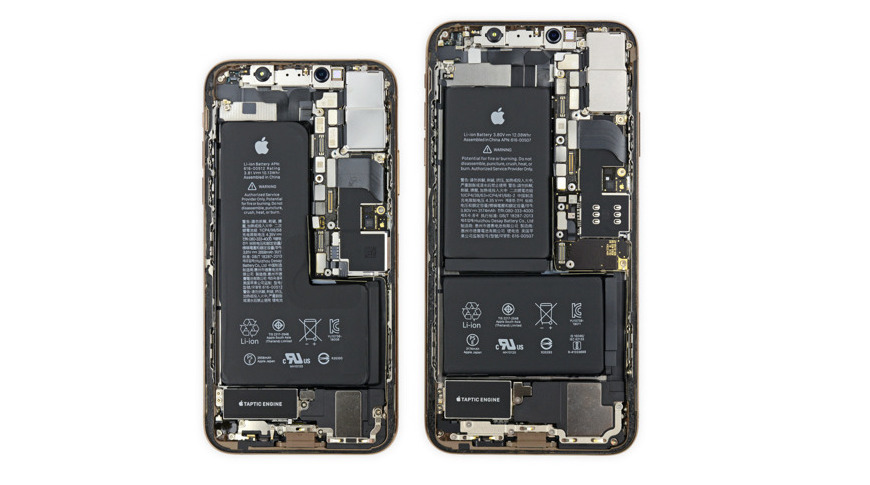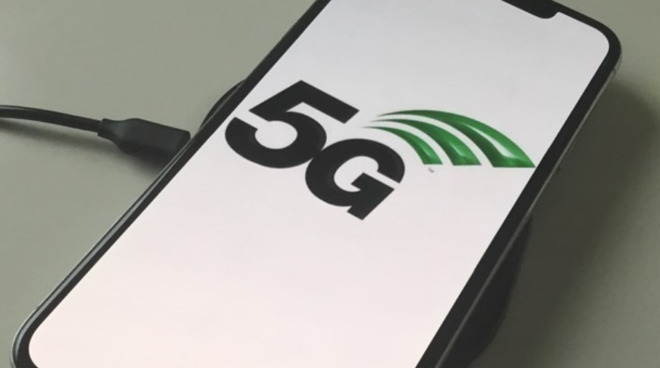A reduction in the size of an essential battery protection circuit for the iPhone could mean that Apple has room to include bigger batteries in the 2020 "iPhone 12" series.
Sources within the supply chain claim that the "iPhone 12" expected to be released in late 2020 will feature smaller battery-related circuitry. The custom battery Protection Module Package (PMP) which governs charging is said to be both 50% smaller and thinner. The difference could mean that Apple will be able to increase the size of the battery.
According to The Elec, a Korean website, the reduction and redesign has been done by South Korea's ITM Semiconductor. The company reportedly first supplied the protection module to Apple for the iPhone 11, although it already provides components for the AirPods Pro.
ITM Semiconductor is said to currently be one of three suppliers making what are called Protection Circuit Modules or PCMs. Compeq in Taiwan and MinebeaMitsumi in Japan have also made them for Apple. However, what ITM Semiconductor has redesigned is a Protection Module Package (PMP) which appears to be unique to the company.
It's this new PMP which is smaller and so may provide extra room for battery space. Separate reports, though, say that 5G in the forthcoming iPhones will require larger circuit boards which may mean there's still no more space for larger batteries.
ITM Semiconductor is reportedly due to complete work on a third plant in Vietnam which is intended to be used solely for Apple. The company is said to be planning a fourth plant and it's also possible that the PMP will be used in tablets and computers as well as phones.
 William Gallagher
William Gallagher









 Andrew Orr
Andrew Orr
 Wesley Hilliard
Wesley Hilliard

 Oliver Haslam
Oliver Haslam
 Christine McKee
Christine McKee
 Amber Neely
Amber Neely








6 Comments
Smaller circuit makes very small difference for saving space on motherboard. But, when more discrete chips(WiFi,BT,4G/5G modem,etc) functionality get integrated on single SOC, you save space on motherboard so motherboard is smaller which provides extra space for other things like battery.
Different people, have different requirements, but I know I’m not alone in preferring smaller, thinner, lighter phones. At this point, I just charge my Xs every 2-3 days, when it needs it, because I spend most of my time not far from an outlet. But I do sleep every night, so I could always charge it overnight if my battery only lasted 30-40% of what it does now. Of course if you don’t live or work in areas with good cell reception, or use something like GPS all day without plugging it in, you need more capacity. Most people who can afford an iPhone have regular access to electricity, at home and perhaps at work and in their cars, so I don’t really believe most of them would want a clunkier phone with a battery 5-10x the current size.
"
Aye, there's the rub! A technology that everyone is clamoring for because the telecoms tell us we need it, yet no one has any idea how it will be used or how it will improve their life. It's a pretty safe bet, however that, at least in the early versions, it will cost more both financially and in terms of performance, battery life, etc. Just like with 4G modems, I expect the designs to improve in terms of efficiency, size, integration, but until then, the early adopters will pay a price for their 5G experience.